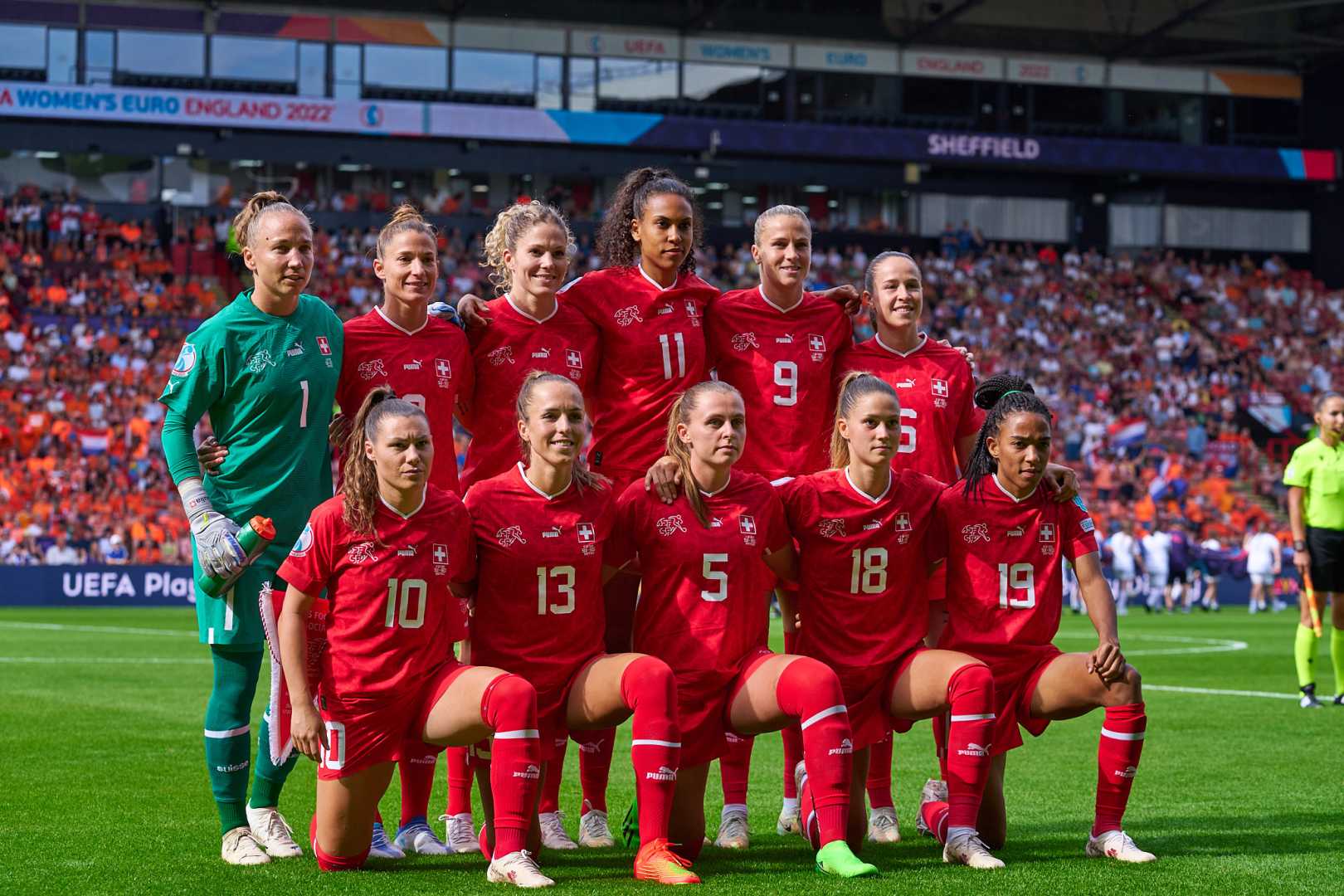Sports
Switzerland Hosts Women’s Euro 2025 Amid Historic Changes

BASEL, Switzerland — Switzerland is set to host one of the biggest women’s sporting events as they begin the European Championship at a sold-out stadium on Wednesday evening. The nation’s journey in women’s football reflects a significant evolution, moving from initial apathy and hostility to recognition and enthusiasm.
In 1957, the Swiss newspaper Sport questioned the legitimacy of women’s football, deriding a friendly match between Germany and the Netherlands as a mere exhibition. Fast forward to today, and Switzerland is now preparing to showcase its football talent on a grand stage, marking a pivotal moment in the country’s sporting history.
Women weren’t permitted to play organized 11-a-side football until the late 1960s, and only in 1993 did women’s leagues gain full integration into the Swiss football association. This change came just three years after Appenzell Innerrhoden became the last Swiss canton to grant women the right to vote.
The opening night of the tournament symbolizes profound progress, honoring the countless women who contributed to this growth. Switzerland, a country of 9 million people, has reported ticket sales exceeding those of the Euro 2022, despite lacking iconic venues such as Wembley.
Doris Keller, the tournament organizer, acknowledged that “women’s football is not very developed” in the country, highlighting the continued struggle for grassroots teams to find adequate playing space. Despite these challenges, the tournament presents an opportunity for the national team, led by coach Pia Sundhage, to make their mark.
Switzerland approaches the championship as an underdog, with rising talents like Lia Wälti and Sydney Schertenleib stepping into the spotlight. The team is tasked with navigating a favorable draw, raising hopes for success while also managing concerns over their defensive strategy and player injuries.
Group A stands out as the weakest of the four groups, potentially offering pathways for teams from Group B, such as Belgium and Italy, to reach the semi-finals. While Spain remains a frontrunner, having shown resilience in previous competitions, the outcomes in Group A will be crucial for the tournament’s narrative.
Women’s football in Europe continues to evolve, yet disparities in resources and coaching quality persist. The growing interest and financial backing from major clubs highlight the sport’s potential, but without solid development at the grassroots level, challenges remain.
Looking ahead, this tournament offers a spotlight on women’s football and underscores the collective efforts of women athletes who have come before and those still to follow. As the opening match approaches, the anticipation is palpable; this event, while celebrating progress, is unequivocally about football.












